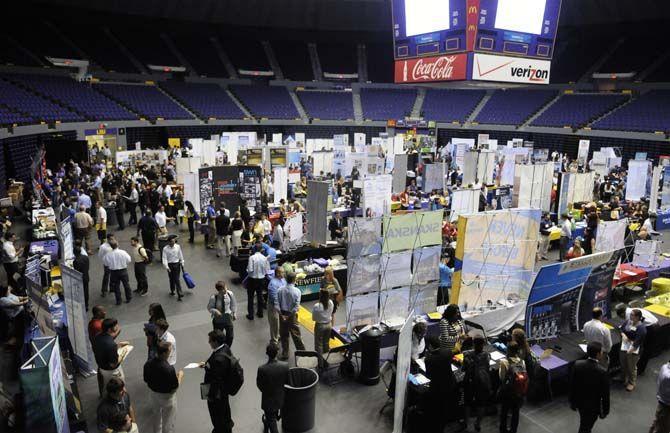Internships are the most prevalent avenue for college students to gain work experience, meet other career-driven individuals and network with higher-ups. Internships allow students to form relationships with potential mentors, hone their professional skills and explore potential fields without contractual obligation. Such coveted opportunities help form more well-rounded and experienced employees, all before walking across the graduation stage.
So, what’s the catch? For many students, it’s the word “unpaid” before internship.
The financial sacrifice of an unpaid internship is one many low-income students are not privileged enough to shoulder. Gone are the days where unpaid internships masquerading as entry-level jobs are acceptable.
The idea of a full-time internship without compensation isn’t far-fetched for those with full financial support from parents, relatives or other benefactors. For those already struggling to pay the escalating price of college tuition, the promise of a $0 paycheck is a nonstarter.
Unpaid internships exacerbate pre-existing disparities by hindering low-income students from gaining the experience necessary to enter some careers. Unsalaried jobs perpetuate systemic barriers to success and upward mobility for those who are less financially privileged. Careers in politics, law and medicine are made increasingly difficult to enter for students who cannot afford to freely volunteer hundreds of working hours.
Wealth and financial privilege should not be prerequisites for entering a career field. Rather, many fields would benefit from an influx of socioeconomic diversity, particularly the political sphere. The first step in paving an achievable path is paying interns a fair wage.
The drawbacks of unpaid internships reach beyond the immediate obstacles. Studies show the odds of being hired post-unpaid internship are dismal. A 2014 survey by the National Association of Colleges and Employers reported a 37 percent hiring rate among former unpaid interns, compared to a 63 percent hiring rate for paid interns. With little promise of future employment, incentive for low-income students to take part in unpaid internships only shrinks.
In January, the U.S. Department of Labor moved to loosen restrictions on the “primary beneficiary test,” the test which determines whether an internship is eligible for unpaid status. The seven benchmark criteria provide education and experience standards, including a clause stating the intern’s work cannot displace that of other paid employees.
The test is considered “flexible” — employers aren’t required to meet the majority of criteria for eligibility. Guidelines on intern compensation are murky, to say the least. The subjective nature of the test gives employers not only the ability, but the incentive, to maneuver their way out of required compensation.
Many internships require students work full-time hours, leaving little to no time for another paying job. The cost of college is already astronomically high, and only getting worse. With the average cost of earning a four-year degree at a public college averaging over $55,000, it isn’t feasible for students to spend all summer toiling away for a nonexistent bottom line.
You don’t need two master’s degrees and 10-plus years of experience for your time to be considered valuable, or at the very least, worth minimum wage. As for this summer, take advantage of your unpaid internship. Goodness knows your employer does.
Hannah Kleinpeter is a 20-year-old mass communication senior from Baton Rouge, Louisiana.
Opinion: Unpaid internships unreasonable, favor financially privileged
June 11, 2018
Students crowd the PMAC to explore the variety of career opportunities offered at LSU job fair on Tuesday, September 9, 2014.







